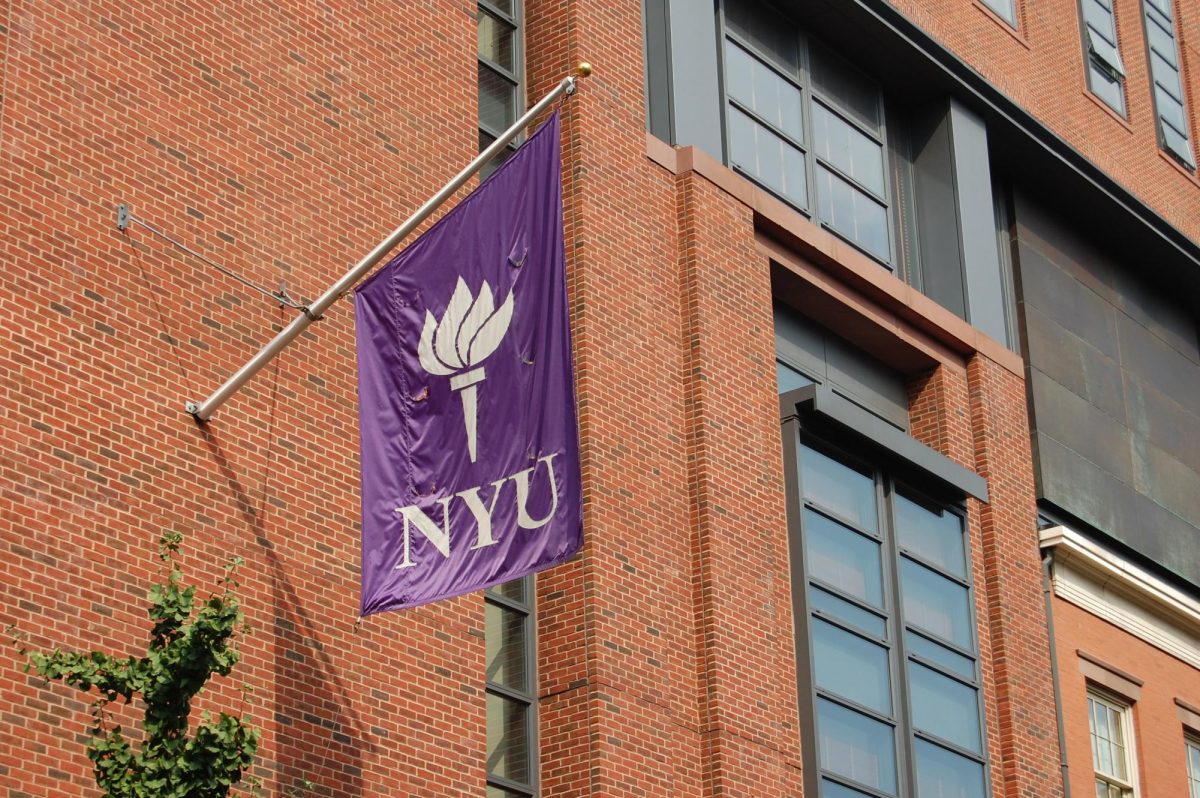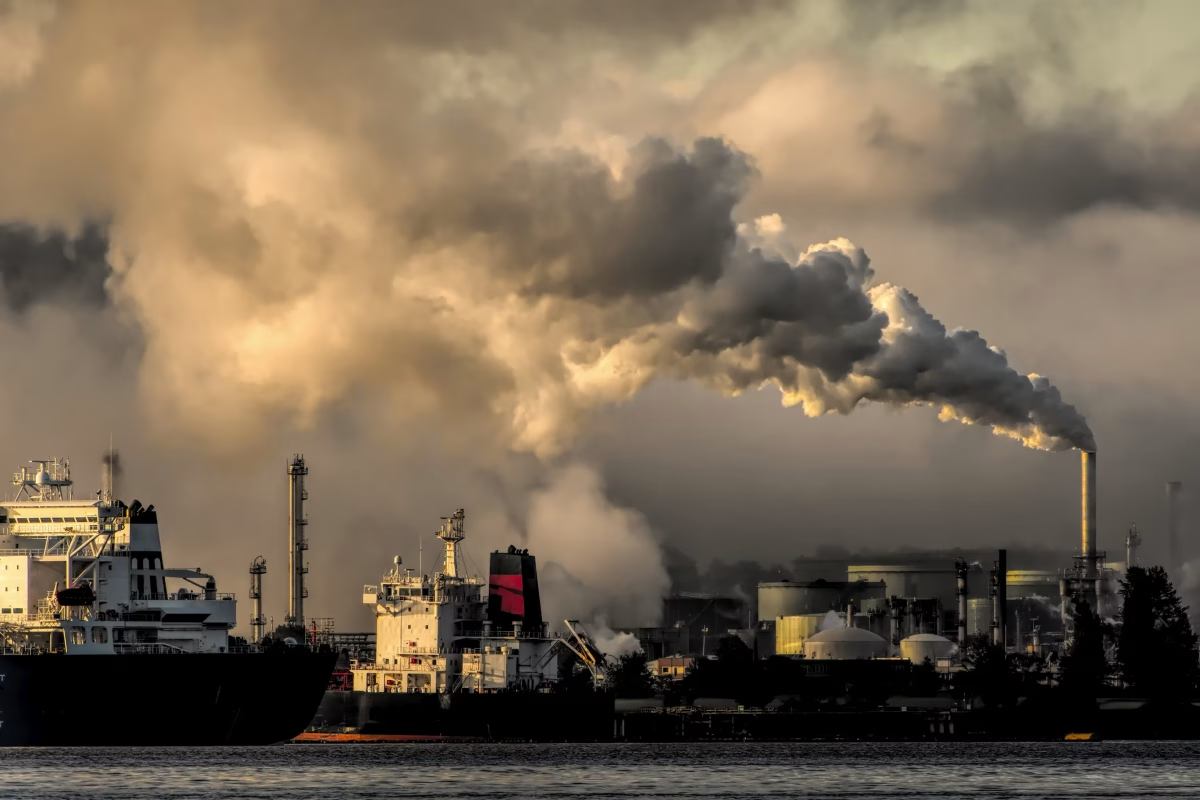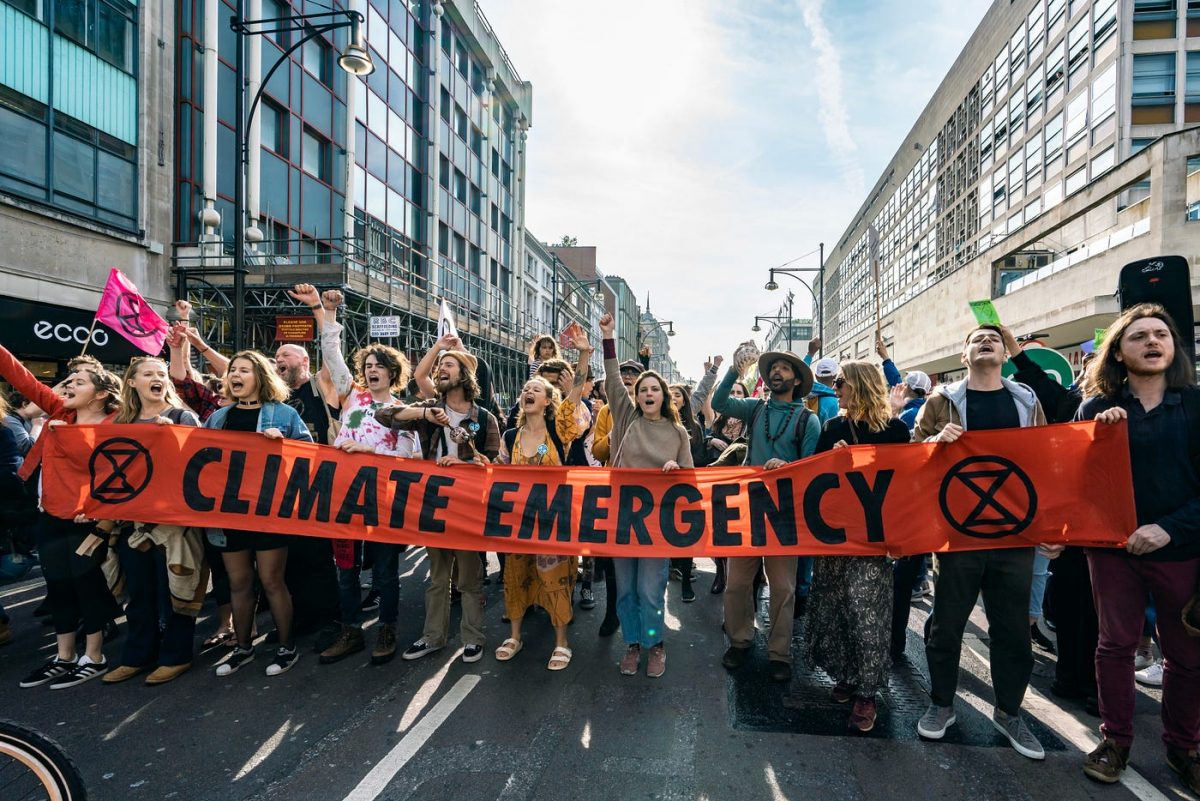It’s no secret that human activity is affecting everything and everyone, even if you may not notice. Much of the focus seems to be on how the animals, weather, land, or how the whole world in general is being affected, however not much is said about food.
According to an article done by Simon Scarr published on Reuters Graphics, “Plastic does not biodegrade. Instead, it breaks down into smaller pieces, and ultimately ends up everywhere, including in the food chain. Pieces that are less than five millimeters in length, around the size of a sesame seed, are called “microplastics.” Micro plastics in everything is one thing, the fact that we consume 10s to 100s of thousands of micro plastic particles sounds insane and sounds like something that you would notice, but don’t. Simon wrote that “Dozens of reports have been published on microplastics but the scientific community is still only scratching the surface of understanding just how much plastic we consume and how harmful it could be.”
It feels weird to say that you don’t hear much about this underlying issue of modern society, everyone likely has micro plastics in their body. A comprehensive article written by a group of researchers shows the effects of eating your own waste. They wrote,”Microplastics are detected from the south to Antarctica, north to the Arctic, up to the peak of Mount Everest, and down to the Mariana Trench.” More can and has to be done about this issue, we’ve long ago reached the point of eating our own waste. The researchers wrote “Experiments show that the exposure to microplastics induces a variety of toxic effects, including oxidative stress, metabolic disorder, immune response, neurotoxicity, as well as reproductive and developmental toxicity.” They also added that more research has been done on the real and exact effects of plastic on micro plastics due to being “limited by the existing technical methods.”
The plastic portion of this full course meal has more than been covered, all meals have to be balanced and that’s why we have the gaseous sides. In an article on food waste’s impact on emissions written on Circular, they wrote,”if food waste were a country, it would be the third most emitting country in the world, after China and the USA.” There’s enough to go around for everyone, the imbalance between actual food that is being produced, used, wasted and contributing to our worsening climate conditions needs to be addressed. Millions of tons of food is being made and then simply wasted often for no reason at all, on food waste Circular mentions,”With an estimated 1.4 million tonnes of food wasted annually at the manufacturing stage, we were inspired to develop solutions like our Too Good to Go Parcels delivery function to minimise food waste further up the supply chain.” Many businesses or programs like Too Good to Go can be found that aim to lessen the amount of food that is being wasted such as, ReFED, Food Waste Reduction Alliance and more. Stopping the food waste that people and companies commit will help to progress towards a better future where plastic and greenhouse gasses are off the plate.
Everything is looping. In an article published by the UNFCCC, they wrote that,”Food loss and waste account for 8-10% of annual global greenhouse gas emissions – nearly five times the total emissions from the aviation sector.” Food waste seems like a problem that can easily be fixed, but why do we insist on wasting?
It appears that the main rationale behind wasting food is the issues with liability that companies would have to deal with, if the food they give away gets someone sick, they will have to deal with the consequences. It is understandable that the potential health risks with giving away food no one else wants or food nearing expiration to be thrown out to avoid a lawsuit, however there are companies that donate to food banks, such as Costco, Walmart, Trader Joe’s, Panera bread and more. If other companies were to use the donors as an example and lessen the food waste issue, a largely positive change would be expected.
The effects both because of food on climate change and on climate change because of food has been thoroughly researched, yet not talked about enough. Solutions to the plate full of trash are being presented and included in today’s world as an effort towards the betterment of the world in the future, consider what you can do to help.


















